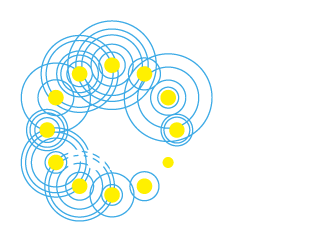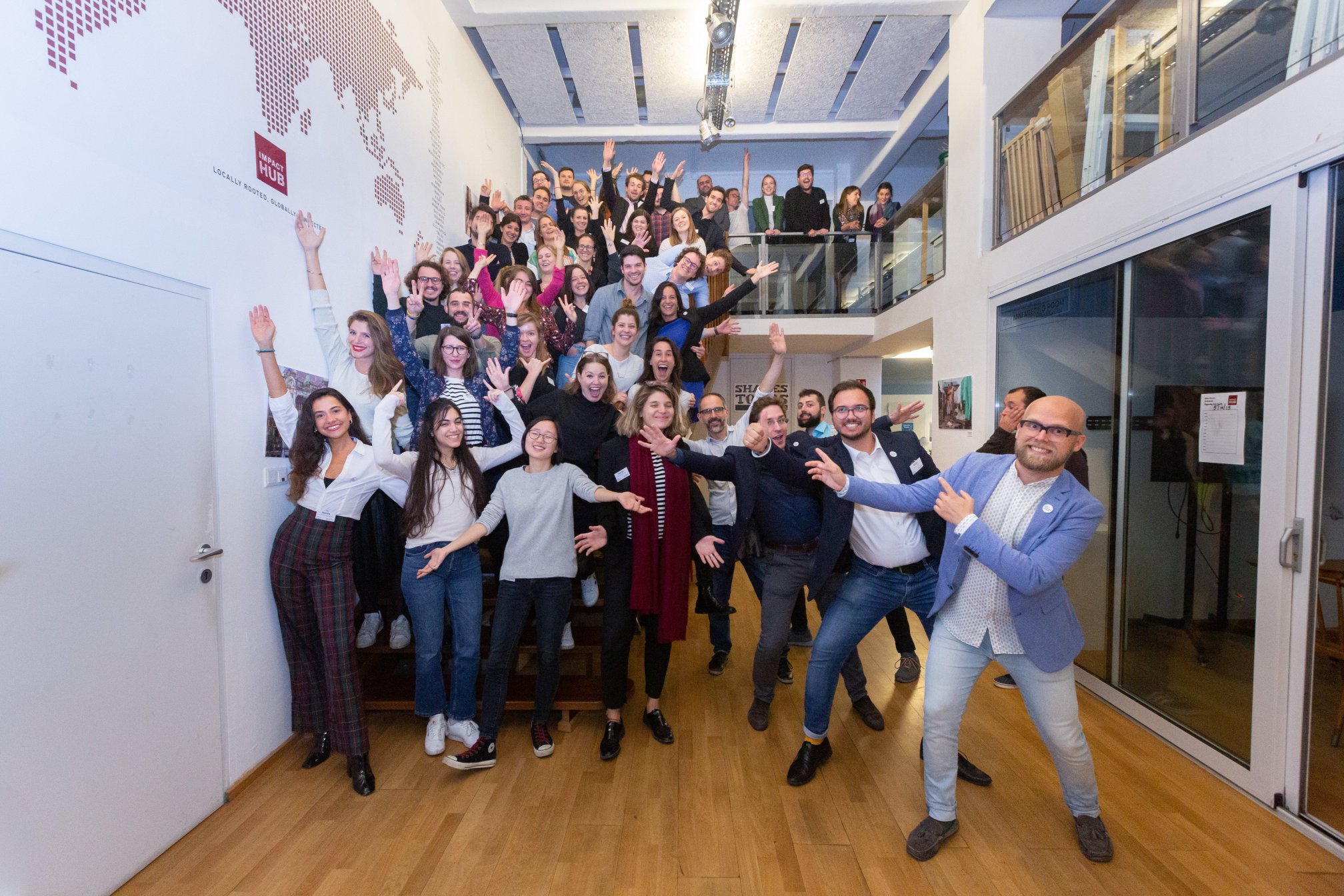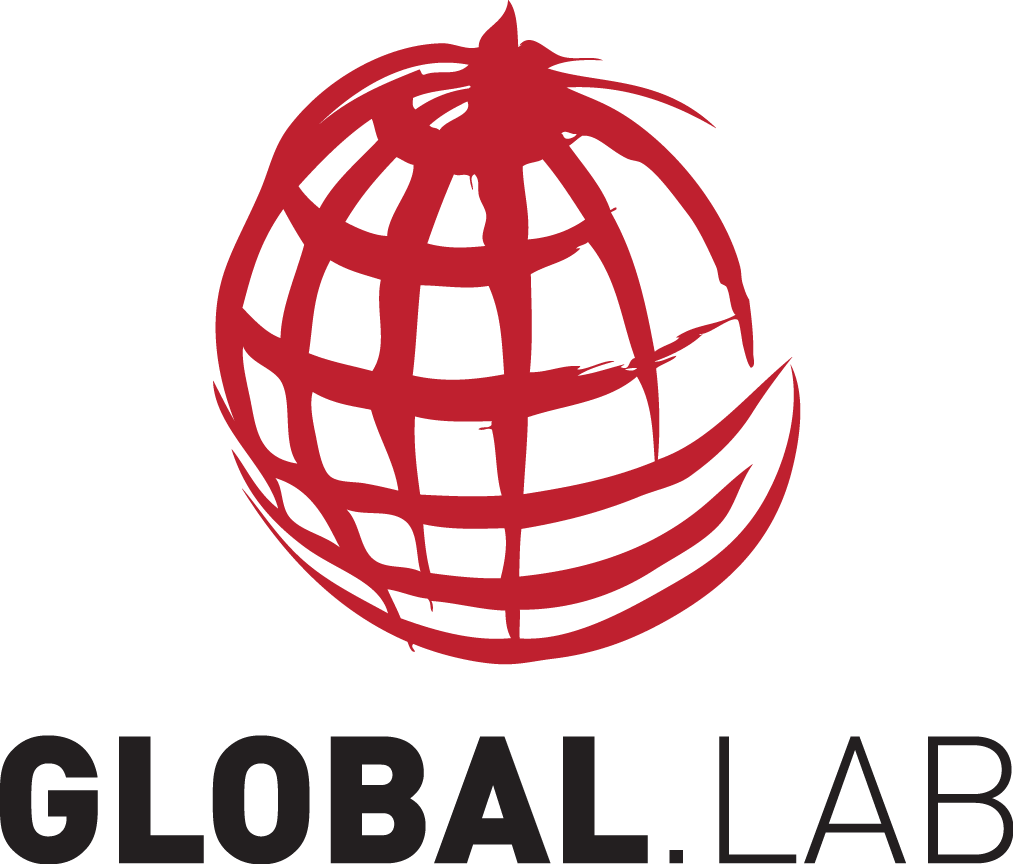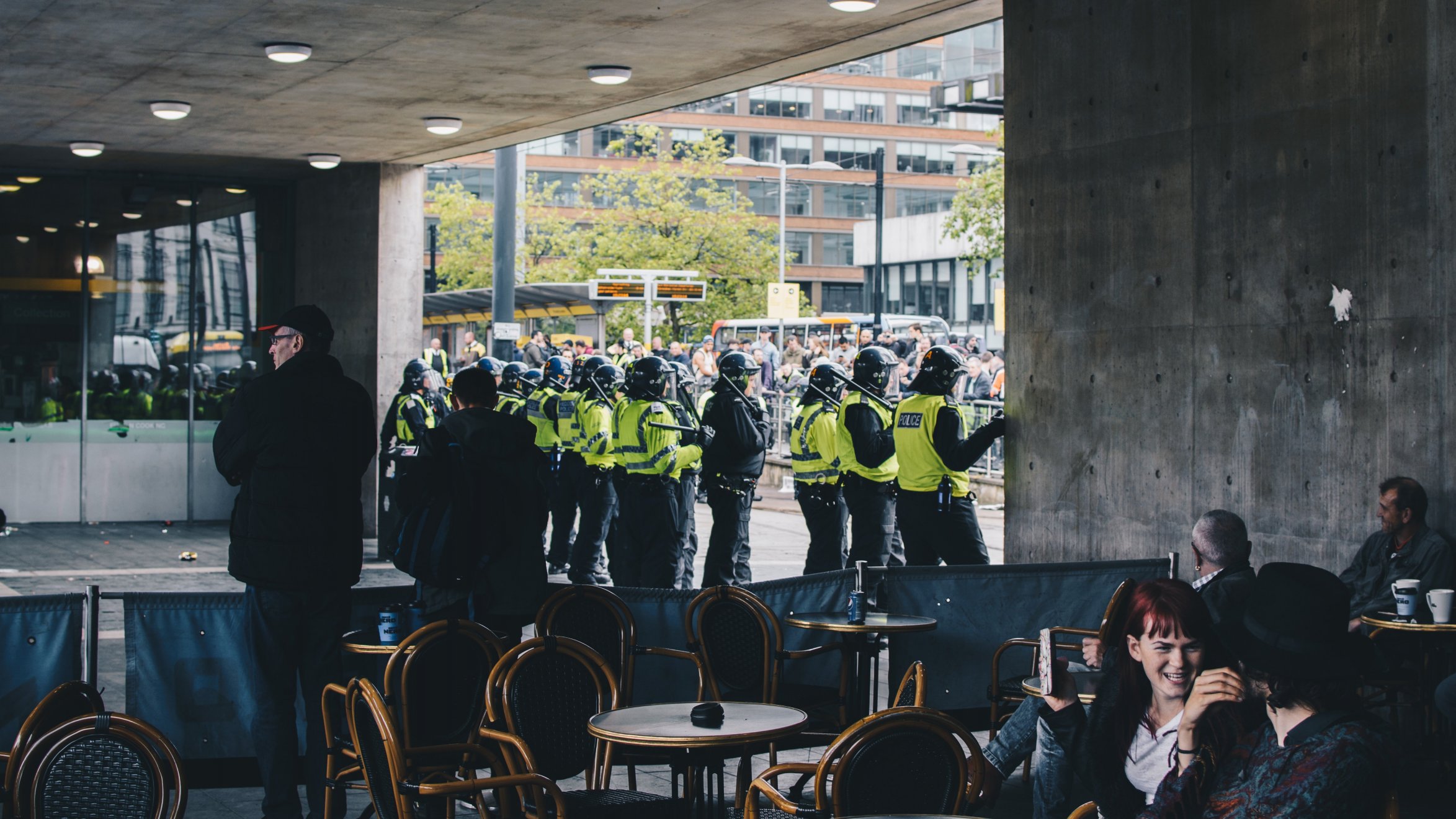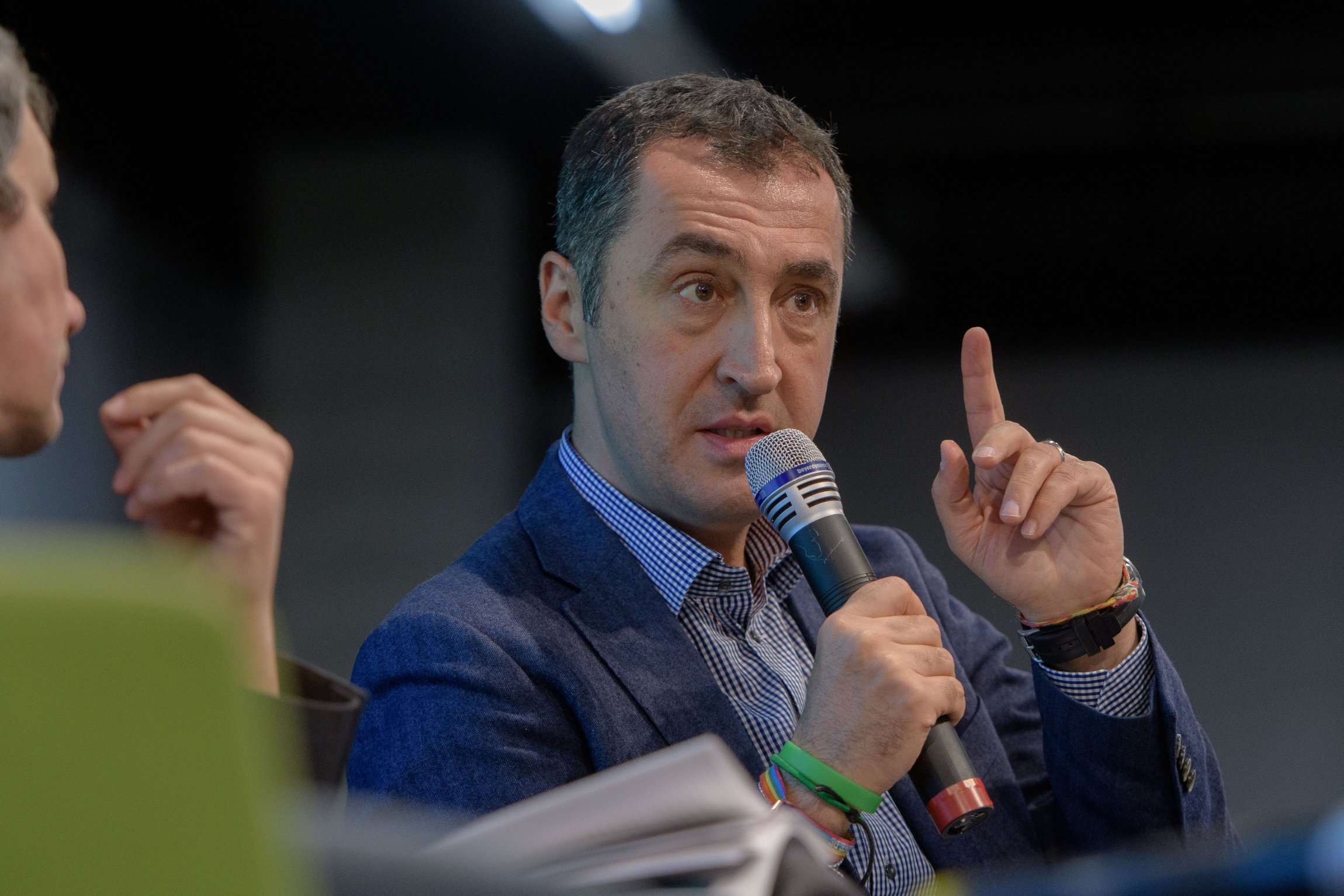Die Einigung auf einen erneuten Waffenstillstand in Libyen, wie jetzt bekannt wurde, suggeriert den wiederholten Versuch, Ordnung in das zerrüttete Land zu bringen, das seit dem Sturz Muammar al-Gaddafis 2011 kein Jahr ohne militärische Auseinandersetzung im Nordwesten, Südwesten oder Osten des Landes erfahren konnte.
Ein Beitrag von AK Glück

